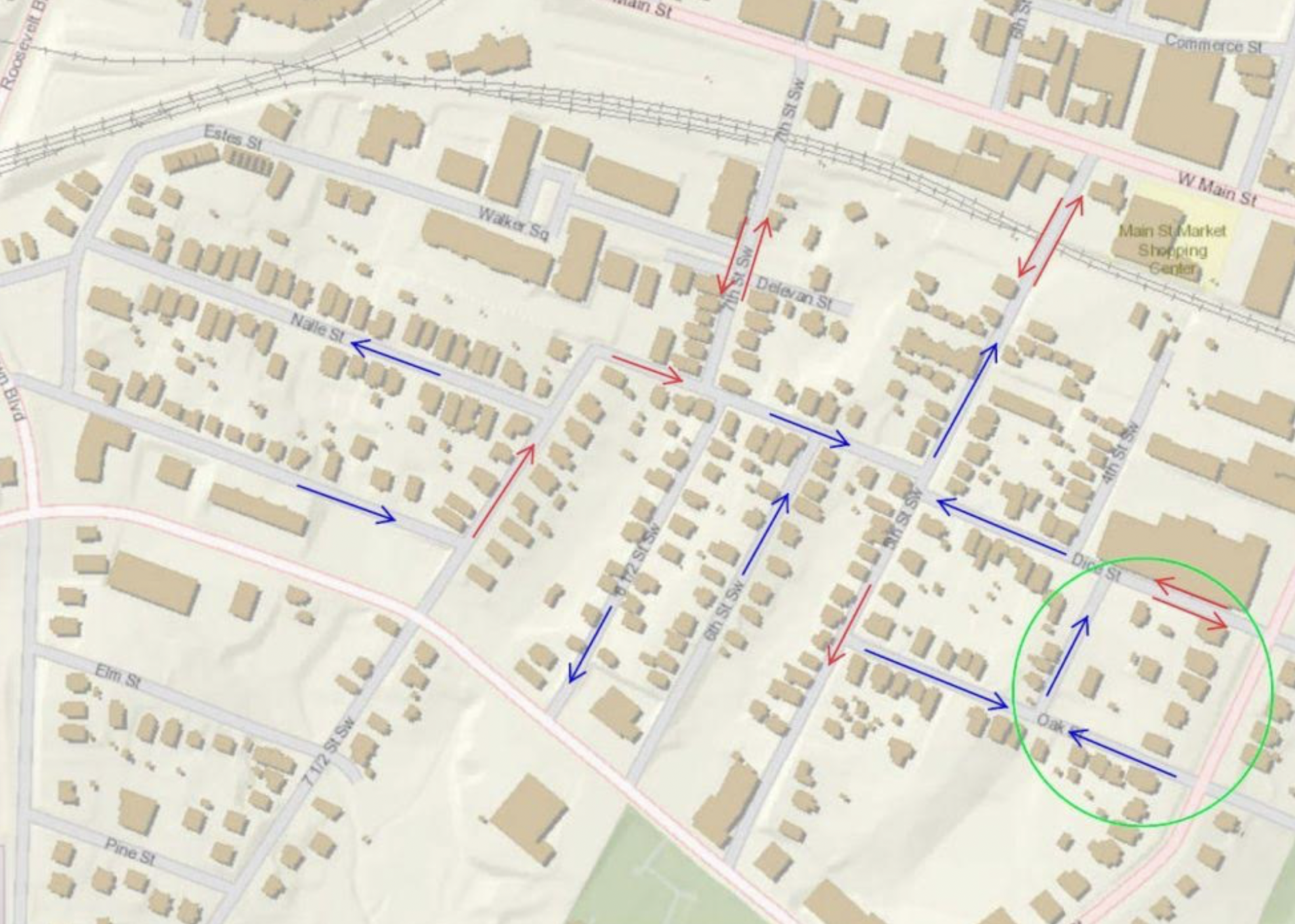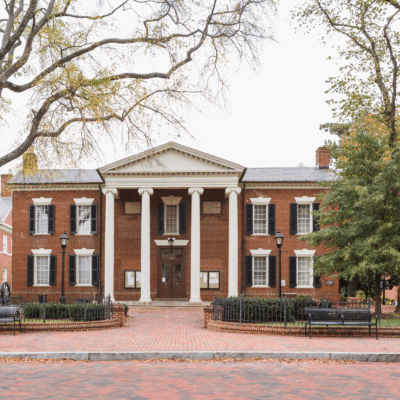No rise in minimum wage
Also, payday lenders get by with no new regulations
“For ye have the poor always with you,” Jesus Christ says in Matthew 26:11. Virginia seems to have resigned itself to this fact. Multiple attempts to raise the minimum wage—currently at $5.15—in the most recent legislative session were defeated at the hands of the Republican majority.
“I’ve always been concerned about the effects on the employment rate,” explains local Republican Delegate Rob Bell, reiterating one of the main arguments used to beat back efforts to raise the lowest level of pay. According to that line of thinking, raising the minimum wage would create unemployment because employers would decide not to hire at the higher wage.
“I think that argument is betrayed by the facts of what happens when a state raises the minimum wage,” says local Democratic Delegate David Toscano. He was one of a handful of delegates who introduced legislation to escalate the lowest level of pay. His bill (HB 1654) specifically would have raised the current rate of $5.15 to $6.25 per hour effective July 1, 2007, and to $7.00 per hour effective July 1, 2008, unless the federal government acted first.
“It hasn’t been raised since 1996,” Toscano says. “People who work 40 hours a week at the minimum wage earn much less than the poverty level. In fact, even the bill that was being considered would not have raised the wage to the poverty level. That’s the irony of it all.”
“If you are trying to optimize the benefits to the working poor I would think programs like the earned income tax credit do a better job of it than some of these secondary effects,” Bell counters, before turning to the minimum wage issue. “Before we go back next year, it looks like they’re going to do something at the federal level.”
Other efforts to provide relief for the poor by restricting the predatory practice of payday lending similarly failed. Both Democrats and Republicans got behind a bill that would have imposed a 72 percent cap on the interest that lending centers can levy. Many centers charge as high as 300 percent interest. At the last second, its patron pulled it from consideration. “The payday lenders have been very effective in how they have lobbied their legislators,” Toscano explains. “I think people will be back next year because it’s a tremendously huge problem.”
“I voted for the actual interest rate cap,” says Bell. “How much reform is appropriate seemed to be the operative question and you couldn’t get everybody on the same page. There weren’t many people arguing for no reform.”
While his minimum wage bill was killed, Toscano sees some light at the end of the tunnel. “I had a minimum wage bill last year that didn’t even get out of subcommittee, so to have something get to the floor this year is a great victory for those who want to see an increase,” Toscano says. “It’s the function of a lot of people believing that the time is right to raise the minimum wage. We just didn’t get to 50 votes, but we will.”
C-VILLE welcomes news tips from readers. Send them to news@c-ville.com.




